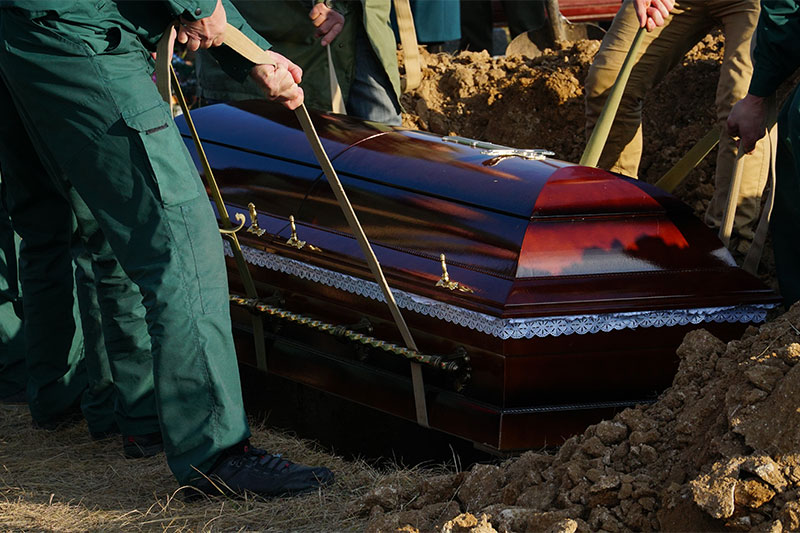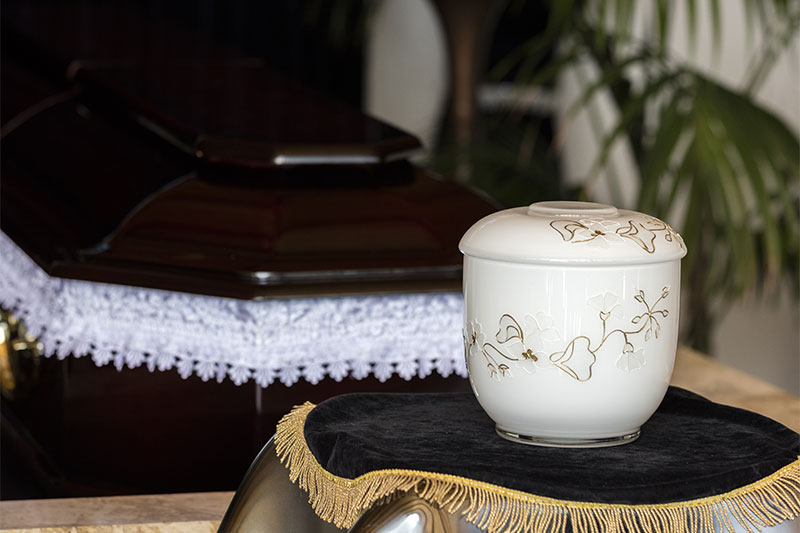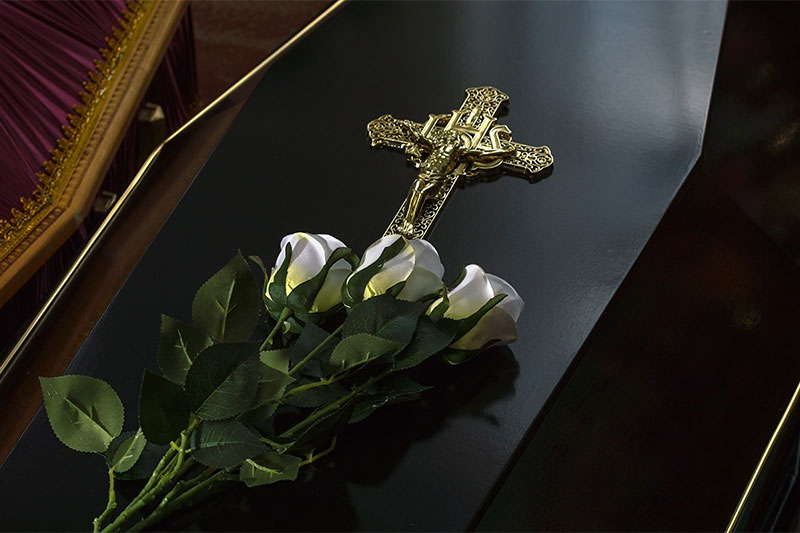In life, we traverse various rites of passage. Among them, death is one of the most poignant and profound. Along with dealing with the emotional toll of grief and loss, we are faced with decisions concerning the physical aspects of death, including the choice between burial and cremation. These decisions, while intensely personal, are often influenced by cultural, familial, and individual preferences, as well as religious beliefs. For Christians, perspectives on this topic are diverse, with no one-size-fits-all answer. This article seeks to shed light on Christian views about burial and cremation, offering insights that may provide some clarity and understanding amidst the complexities of this sensitive issue.
Burial in Christian Tradition

Historically, burial has been a prevalent practice within Christianity. This tradition is deeply rooted in Jewish customs and further cemented by the accounts of Jesus Christ’s own burial in the New Testament. Believers often point to the scriptural references of Christ’s burial and resurrection as a significant endorsement for the act of burial. The apostle Paul, in his letters to the early churches, frequently referred to death as ‘sleep,’ a metaphor indicating a temporary state before the resurrection.
Beyond scriptural references, the belief in the bodily resurrection at the end of times, as described in scriptures, has often been cited as the theological basis for this preference. The Nicene Creed, a statement of faith widely used in Christian liturgy, proclaims the belief in “the resurrection of the dead, and the life of the world to come.” This belief, shared by many Christian denominations, holds that God will miraculously restore our bodies in the final resurrection, thus reinforcing the importance accorded to the body, even in death.
Cremation and Christianity

While cremation has been less common historically within Christian tradition, it has gained wider acceptance among many Christian denominations in recent decades. Some view it as a practical choice that does not conflict with the core Christian beliefs about life, death, and eternity.
Earlier, the practice of cremation was often associated with pagan cultures or seen as a denial of the belief in bodily resurrection. However, as societal attitudes have evolved, so too has the Christian perspective on this matter. Many Christians today interpret that the method of handling the body post-death does not inhibit God’s ability to resurrect. They cite the instances in scriptures where believers’ bodies were destroyed yet promises of resurrection remained – think of the martyrs in the early church or those lost at sea.
This shift in perspective indicates an understanding that the omnipotent God, who created the universe out of nothing, would not be hindered by the physical state of our remains when it comes to the resurrection. Furthermore, the rise in acceptance of cremation can also be attributed to practical considerations such as environmental concerns, economic factors, and geographical constraints.
Respect for the Deceased
Whether through burial or cremation, one fundamental principle underpinning Christian beliefs is the requirement to treat the deceased with dignity and respect. This principle is derived from the belief in the inherent value of the human body. According to Christian teachings, the human body, made in the image of God, is a sacred vessel for the Holy Spirit. This understanding of the body’s sanctity influences the practices and rituals associated with death and the care of the deceased.
For many Christians, the decision between burial and cremation is often made with an emphasis on preserving the dignity of the departed. Concerns around the ethical treatment of the body often contribute to a thoughtful and reflective decision-making process. These considerations are rooted in love, respect, and the anticipation of the final resurrection, thereby affirming the Christian faith’s profound reverence for the gift of life.
Personal Convictions and Christian Freedom
Christianity teaches that while some matters are clearly dictated by the teachings of the Bible, others fall into the realm of personal conviction. This perspective is well-articulated by the Apostle Paul in his letters to the Romans and Corinthians, where he discusses matters of personal conviction and Christian liberty.
The choice between burial and cremation is one such matter. It is not explicitly prescribed or prohibited by the Bible, and thus, Christians are free to make a choice based on their personal convictions, practical circumstances, and theological understanding. This freedom underscores the importance of individual conscience, respect for diversity within the faith community, and the necessity for each believer to seek spiritual discernment and guidance in decision-making.
Community, Grief, and Hope

Finally, it’s essential to remember that burial and cremation practices are not just about the deceased but also about the living. These rites serve a vital function in helping individuals and communities process grief, remember the deceased, and express their shared hope.
Christian burial rites, characterized by prayers, scripture readings, and communal support, provide a structured space for collective grieving, remembering, and hoping. They acknowledge the harsh reality of death, but they also assert a strong affirmation of life and a hope that extends beyond death. This hope is based on the promises of Christ, who said, “I am the resurrection and the life. Those who believe in me, even though they die, will live.”
Whether a Christian chooses burial or cremation, the key is to approach the decision with prayerful consideration, respect for the deceased, and a focus on the hope that Christianity proclaims. In the end, these practices are temporary, while the promises of eternal life and resurrection are everlasting.





